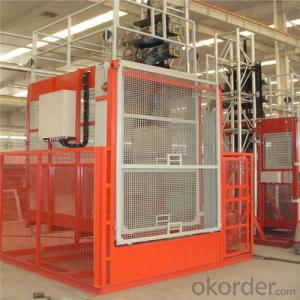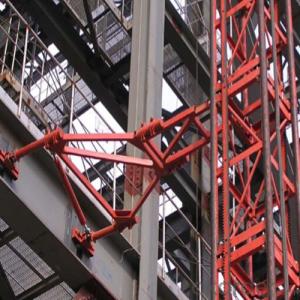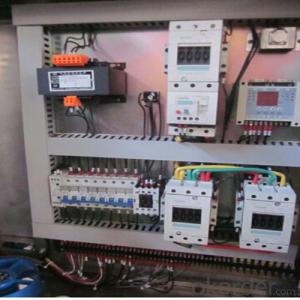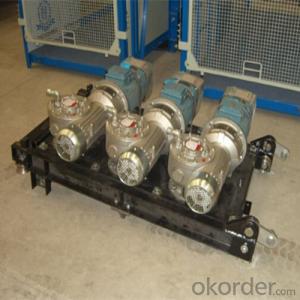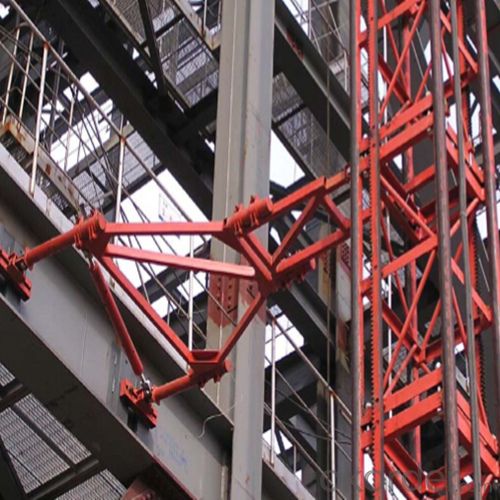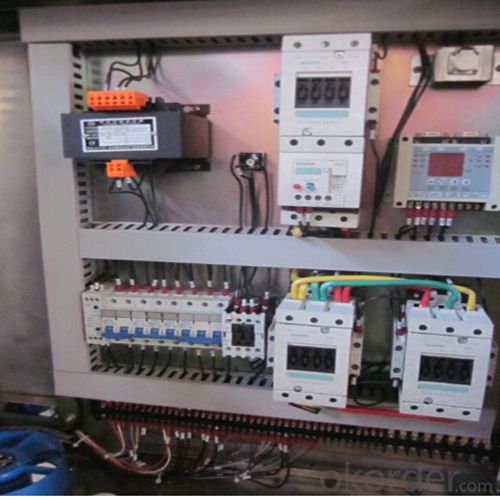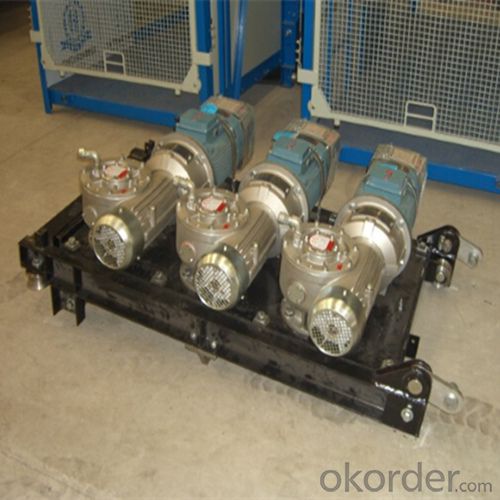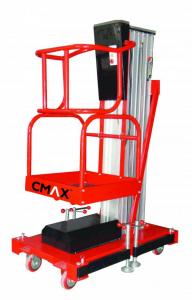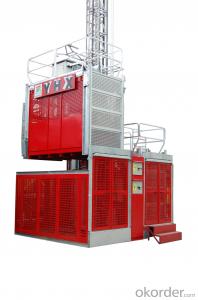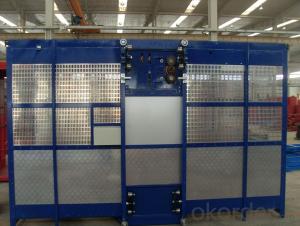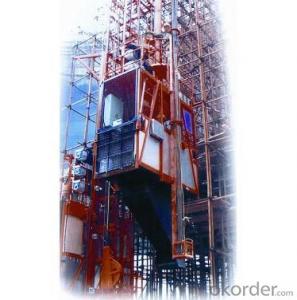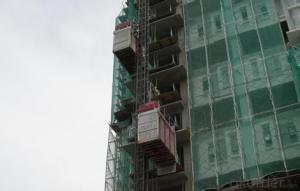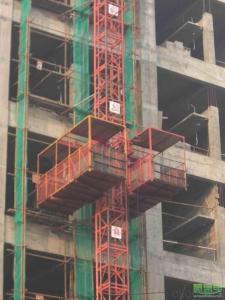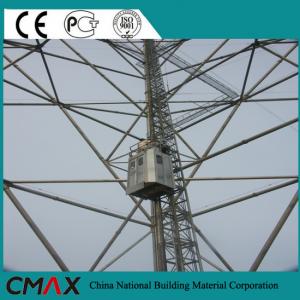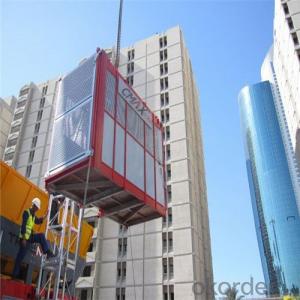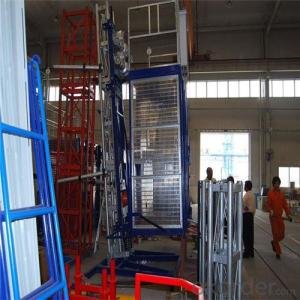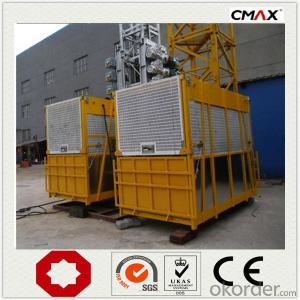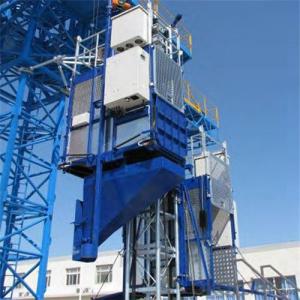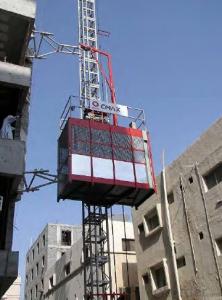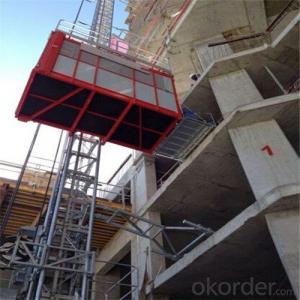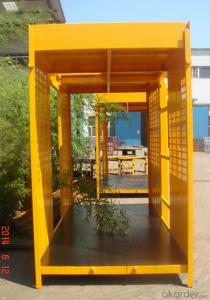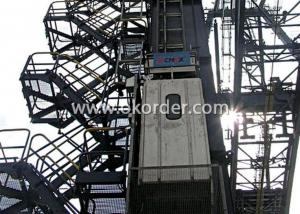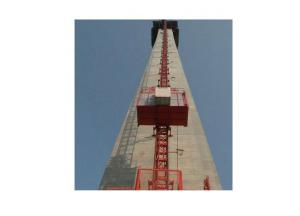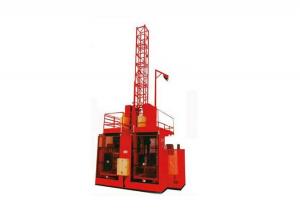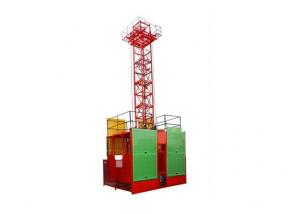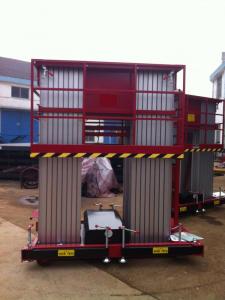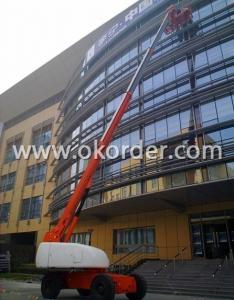Building Hoist SCD320/320 Frequency Conversion
- Loading Port:
- China main port
- Payment Terms:
- TT or LC
- Min Order Qty:
- 1 unit
- Supply Capability:
- 30 unit/month
OKorder Service Pledge
OKorder Financial Service
You Might Also Like
Structure of Building Hoist Description
Feature: Building Hoist Condition: New Application: Construction
Payload(kg):2*3200 Lifting Speed(m/min):0~60 Motor Power(kw): 2*3*15
Safety Device: 2*SAJ50-1.4 Cage: Twin Counterweight: Yes
Certification: CE,ISO Place of Origin: China(Mainland) Model Number: Type:SCD320/320
Packaging & Delivery of Building Hoist
Packaging Detail: Nude package Delivery Detail: 25-30days
Main Parts of Building Hoist
● Adopts the most advanced VF speed control device and microcomputer programmable logic controller.
● Stepless speed control helps eliminate the concussion during start up and braking, steady the operation process,
and ensures automated leveling.
● Adopts open loop V/Fcontrol; the speed control precision can reach ±2~3%. Realizes accurate low speed positioning of the hoist and avoid slipping during downward stopping of hoist.
● The VF system has current-restriction function, ensuring a small current when motor start up and reducing the concussion to power supply. It reduces the engery consumption and mitigates effects to on site electric equipments.
● The steadiness during running mitigates concussion to mechanical parts, reduces wears of rack, pinion and the brake
and prolongs the spare parts'life.
● The VF system also has the over voltage protection,low voltage protection, overcurrent, overload and anti-stalling protection functions,
● The system applies the special software for hoists developed by our company, making the operation more safe and
reliable.
Building Hoist Images
CMAX Building Hoist
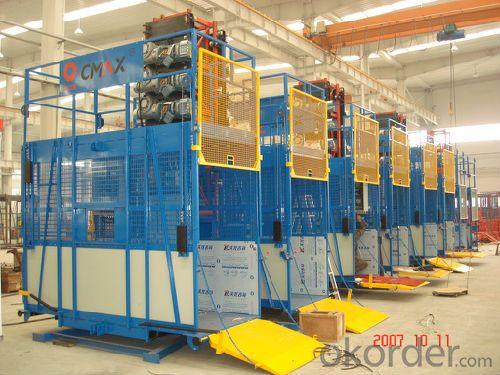
Anchorage System
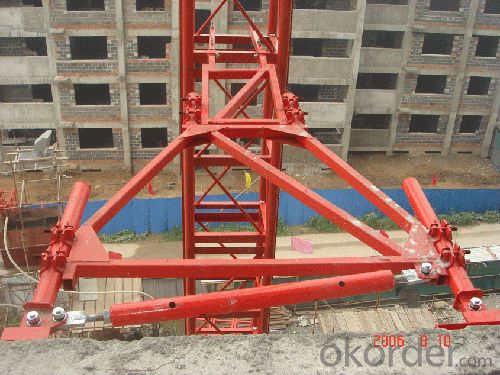
Mast Section
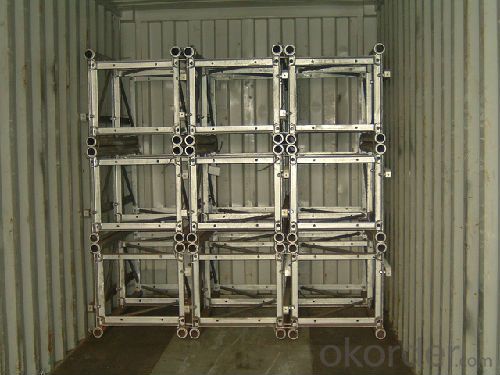
Electronic Panel
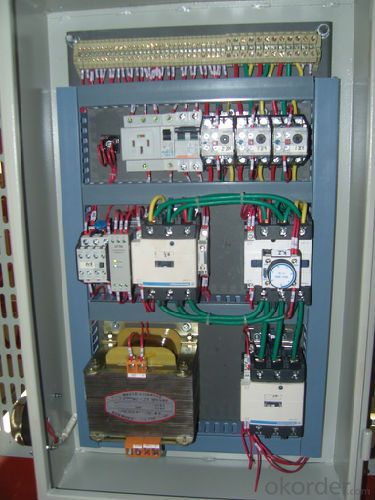
Building Hoist Specifiction
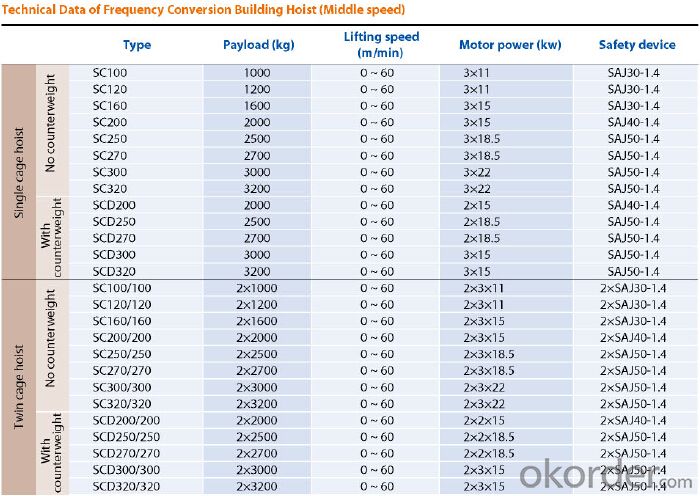
FAQ of Building Hoist
Q: What is the building hoist main purpose?
A: Building hoist equipped with double or single cabin to transport the materials and labors up and down. It's the ideal
construction equipment for vertical transportation in the field of construction.
Q: What is the main structure of building hoist?
A: The P/M construction hoist mainly contains metal structure, driving system, electrical control system, cable guide &
protection system, electrical top crane and safety device.
Q: What is the meaning of the building hoist’s code?
A: Take SC200/200 for example: “SC” stands for rack and pinion hoist, “200/200” stands for double cage and capacity
is 2 tons per cage. “SC200” stands for single cage and capacity is 2 tons.
- Q: What fundamental specifications or conditions must be met to operate a building hoist with a hydraulic pump?
- <p>To use a hydraulic pump to power a building hoist, several basic requirements must be met: a reliable power source, a suitable hydraulic pump with the correct pressure and flow rate, a robust and leak-free hydraulic system, safety mechanisms such as pressure relief valves and emergency stop features, proper installation and maintenance procedures, and adherence to safety standards and regulations. Additionally, the pump should be compatible with the hoist's design and capable of providing the necessary force and speed for lifting operations. Regular inspections and maintenance are crucial to ensure the hoist operates safely and efficiently.</p>
- Q: This question asks for a description of the process of using an electric motor in the context of a building hoist, which is a device used for lifting and lowering materials in construction.
- <p>To use an electric motor with a building hoist, first ensure the hoist is properly installed and secured. Connect the hoist to a power source and check that all safety features are operational. Turn on the motor and test the hoist's movement in both directions to confirm functionality. When lifting materials, ensure they are evenly distributed and securely attached to the hoist. Operate the motor to lift or lower the load, maintaining a steady speed and monitoring for any signs of strain or malfunction. Always follow the manufacturer's guidelines and safety precautions to prevent accidents.</p>
- Q: Is there a specification requirement for the floor door of the elevator to the floor? How high
- There is no technical requirement, usually to see party a's request, want to be with party a the ground level that finish finished decorate just like, can,
- Q: This question asks for a comparison of the benefits and drawbacks of utilizing hydraulic fluids in lifting machinery.
- <p>The advantages of using hydraulic fluids in lifting equipment include their ability to transmit power efficiently, provide smooth and controlled movements, and absorb shock and vibration. They also have a high power-to-weight ratio, which is beneficial for lifting heavy loads. Additionally, hydraulic systems are relatively simple to maintain and can operate in a wide range of temperatures. Disadvantages include the potential for leaks, which can be hazardous and costly, and the need for regular maintenance to prevent system failure. Hydraulic fluids can also be environmentally harmful if not disposed of properly, and they may require specific storage conditions to prevent degradation.</p>
- Q: Gear rack driven
- The driver of the elevator ladder cage is driven by two or three worm gear reducers, which carry heavy lifting parts, and gravity is carried by the rack. At rest, the force point is in the meshing of the gear and rack. It is the main balance between the rewire rope and the ladder cage and the relative motion. For heavy can improve dynamic performance, a heavy on the ladder cage running more smoothly, when a fall, fall of heavy can slow down the ladder cage speed, it should be said that safety performance is better.
- Q: This question asks for the method to change the angle at which a building hoist operates.
- <p>Adjusting the angle of a building hoist involves several steps. First, ensure the hoist is turned off and disconnected from power sources. Next, locate the hoist's tilt adjustment mechanism, which is typically found at the base or on the mast. This mechanism often consists of a set of bolts or pins that can be loosened to allow the angle to be changed. Adjust the angle by moving the mast or base to the desired position, ensuring it is level and stable. Once the correct angle is achieved, tighten the bolts or pins to secure the hoist in place. Always follow the manufacturer's guidelines and safety precautions when making adjustments to prevent accidents.</p>
- Q: Is it possible to utilize a building hoist to relocate an entire house?
- <p>No, using a building hoist to move a house is not feasible. Building hoists are designed for vertical transportation of materials and personnel within a building, not for moving entire structures. The weight and structural integrity of a house would be too much for a hoist to handle. Additionally, the process of moving a house typically involves specialized equipment and techniques like those used in house lifting and skidding, which are very different from the operations of a building hoist.</p>
- Q: This question asks whether a building hoist can be utilized to lift various objects with differing weights and dimensions.
- <p>Yes, building hoists are designed to lift a variety of objects with different weights and sizes. They are versatile and adjustable, allowing for the transportation of materials such as bricks, concrete, and equipment. However, each hoist has a specific weight capacity that must not be exceeded. It's crucial to ensure that the objects being lifted are within the hoist's capacity and that the hoist is properly configured for the size and shape of the objects to ensure safety and efficiency.</p>
- Q: Is it possible to replace a motor in a building hoist with a hydraulic cylinder?
- <p>While a hydraulic cylinder can provide linear motion and force, it is not a direct substitute for a motor in a building hoist. Hydraulic cylinders are used for lifting and pushing applications, but they lack the variable speed and control that a motor provides. Motors, especially electric ones, offer precise control, variable speed, and efficiency which are critical for hoisting operations. A hydraulic system would require additional components like pumps and valves for control, making it more complex and less energy-efficient compared to an electric motor system. Therefore, a hydraulic cylinder alone is not suitable as a direct replacement for a motor in a building hoist.</p>
- Q: Is it possible to utilize a building hoist for elevating construction materials at construction sites?
- <p>Yes, building hoists are commonly used for lifting materials at construction sites. They are designed to transport heavy construction materials and personnel vertically, which is essential for multi-story construction projects. These hoists are equipped with safety features and are operated by trained personnel to ensure the secure and efficient movement of materials and workers.</p>
Send your message to us
Building Hoist SCD320/320 Frequency Conversion
- Loading Port:
- China main port
- Payment Terms:
- TT or LC
- Min Order Qty:
- 1 unit
- Supply Capability:
- 30 unit/month
OKorder Service Pledge
OKorder Financial Service
Similar products
Hot products
Hot Searches
Related keywords
